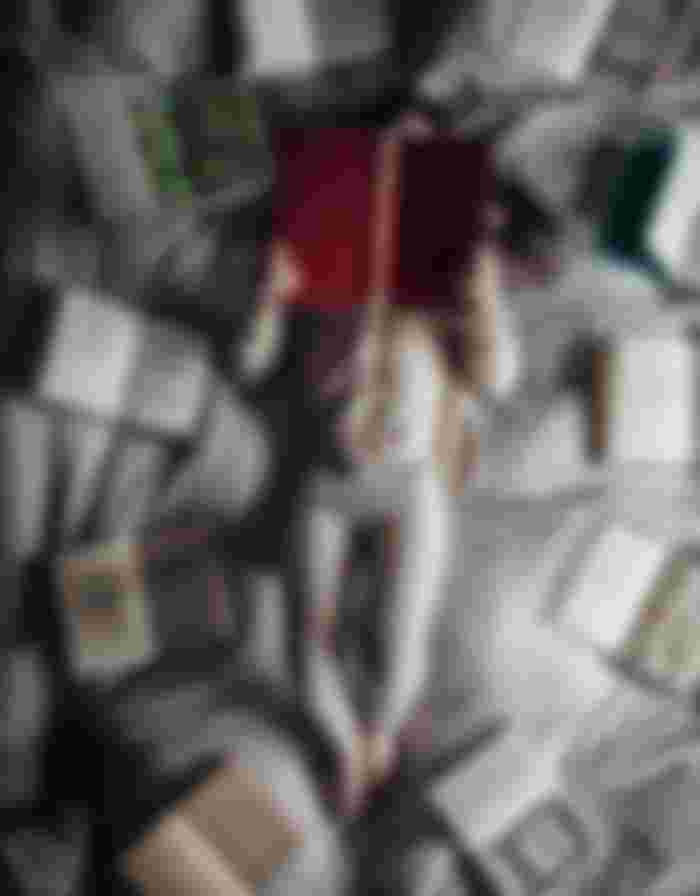Over the past few days, we've been talking in the comments under the articles about how we learn from each other when we read. Not only we can learn from different articles, but we can also develop our creativity. The more we read, whether it's magazines or books, the better our creativity develops.
The Importance Of Creativity
In this world, new things are constantly being introduced to us and we as human beings have to adapt to the new changes that come to us, in order to be satisfied with our daily lives. As we grow older our creativity reduces. Reading is a great contribution to the development of creativity.
Developing Our Skills With Reading
Nowadays, fewer and fewer young people are reading books, claiming that they have no time, are not interested in reading or are not engaged by what they read. We can manage our time and even just reading for an hour a day will go a long way. The other two reasons can also be helped by picking up books on subjects that interest us, not necessarily short stories or crime novels.

Reading develops things like literacy, imagination, memory and vocabulary, just to name a few. In addition to these, we become less stressed, our view of the world broadens, our knowledge increases and our ability to concentrate improves.
Concentration is important in today's world, because the flood of information has increased in the last few decades and we are exposed to a lot of stimuli every day. If we give ourselves completely to an article or a book and are not distracted by anything from the outside world, we improve our ability to concentrate, which helps us to overcome the challenges of everyday life.
The Importance Of Creativity And Reading In Childhood
Children learn very easily and at an amazing speed. The sooner we start reading with children, the sooner and the more they will learn, especially if we read them educational stories. Fairy tales are very important in children's lives as well, because it develops their imagination and they can sort out the different characters from a very young age in terms of who are the bad, negative characters and who are the good, positive ones.

They can also imagine how and why certain characters go through different things, how they experience different things, and this in return helps them to overcome difficulties later on in their lives. Creativity in children also can be helped in other ways beside reading. Here are some ways to help them develop their creativity:
Always take children seriously and listen to them with great interest and an open heart. Children have a much stronger imagination than adults, so they can say things, that make us laugh. Let's try to be serious.
Time spent playing together should be light-hearted and fun. Don't expect anything from children about how they play. Let them develop. They wouldn't let us interfere anyway. If they need help with something they will let us know.
If we play developmental games with them that help them learn colours, numbers, letters and shapes or whatever, then let's not call them tasks, but let's call them adventures or explorations.
When talking, don't teach or instruct them, but rather share your experiences and exchange ideas.
If they come up with something creative during playing, be sure to praise them and be surprised with how creative they have been. This will not only give them a sense of achievement, but also let them know that they were creative.
Summary
To make our problem-solving abilities more flexible and resourceful, to make alternative solutions more feasible, we need to be exposed to many stimuli, that we have not been exposed to before. Reading is a perfect way to increase our knowledge, imagination and concentration.
No matter what books we read, how we progress and how often we immerse ourselves, the important thing is to read as much as we can, because we will benefit from it in no small way.
Lead Image Source: Unsplash via Nathan Aguirre




I absolutely agree with you, reading is very important. You might be interested in what I wrote about reading some time ago. https://read.cash/@Mictorrani/acquiring-knowledge-experience-and-reading-a4f8d51d